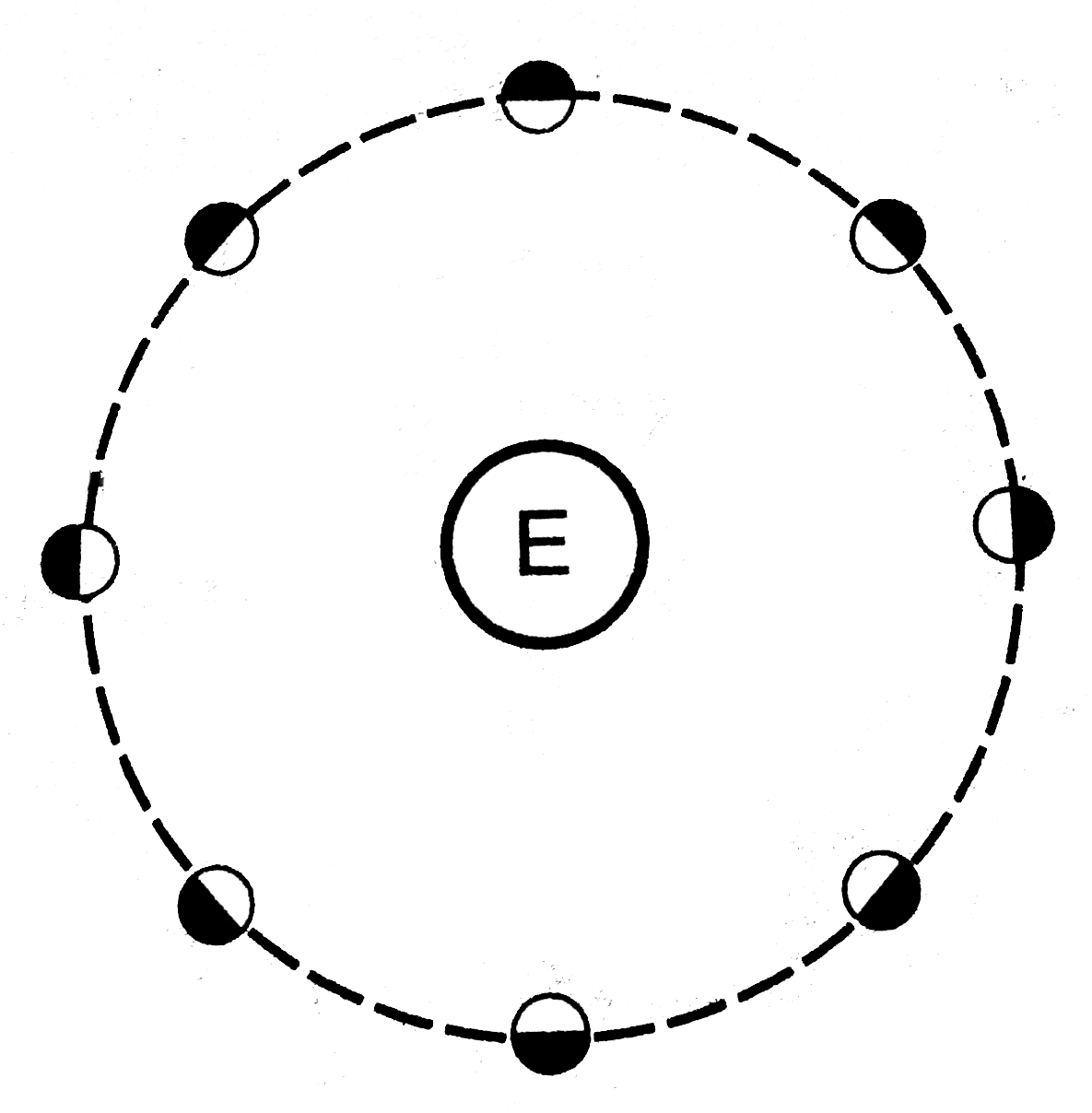Can a law ever be final?
Step-by-Step Solution:
1. Understanding the Nature of Scientific Laws:
- Scientific laws are statements that describe consistent and universal relationships observed in nature. They are based on empirical evidence and experimentation.
Hint: Consider what defines a scientific law and its relationship with observations.
2. Origin of Scientific Laws:
- Laws are derived from theories, which are broader explanations of phenomena that are supported by a body of evidence. Theories are developed through rigorous testing and validation.
Hint: Reflect on how theories and laws are interconnected in the scientific process.
3. The Role of Assumptions:
- Theories are built on certain assumptions. These assumptions can be challenged or disproven with new evidence or discoveries, leading to modifications in the theories and, consequently, the laws derived from them.
Hint: Think about how scientific progress often involves revising previous understandings.
4. Possibility of Modification:
- As new discoveries are made, existing laws may be modified to accommodate new data. This means that laws are not set in stone and can evolve over time.
Hint: Consider historical examples where scientific laws have changed due to new findings.
5. Potential for Invalidity:
- There is also the possibility that a law may be proven invalid if new evidence contradicts it. This highlights the provisional nature of scientific knowledge.
Hint: Explore instances in science where laws have been overturned or replaced.
6. Conclusion:
- Therefore, scientific laws are not final. They can be modified, enhanced, or even rendered invalid as our understanding of the universe deepens through ongoing research and discovery.
Hint: Summarize the key reasons why scientific laws are subject to change.
- Scientific laws are statements that describe consistent and universal relationships observed in nature. They are based on empirical evidence and experimentation.
- Laws are derived from theories, which are broader explanations of phenomena that are supported by a body of evidence. Theories are developed through rigorous testing and validation.
- Theories are built on certain assumptions. These assumptions can be challenged or disproven with new evidence or discoveries, leading to modifications in the theories and, consequently, the laws derived from them.
- As new discoveries are made, existing laws may be modified to accommodate new data. This means that laws are not set in stone and can evolve over time.
- There is also the possibility that a law may be proven invalid if new evidence contradicts it. This highlights the provisional nature of scientific knowledge.
- Therefore, scientific laws are not final. They can be modified, enhanced, or even rendered invalid as our understanding of the universe deepens through ongoing research and discovery.
Topper's Solved these Questions
- PHYSICAL WORLDBOOK - AAKASH INSTITUTE ENGLISHCHAPTER - PHYSICAL WORLDEXERCISE - ASSIGNMENT (Section-A)
40 Videos
- PHYSICAL WORLDBOOK - AAKASH INSTITUTE ENGLISHCHAPTER - PHYSICAL WORLDEXERCISE - ASSIGNMENT (Section-B)
4 Videos
- PHYSICAL WORLDBOOK - AAKASH INSTITUTE ENGLISHCHAPTER - PHYSICAL WORLDEXERCISE - ASSIGNMENT (Section-B)
4 Videos
- OSCILLATIONSBOOK - AAKASH INSTITUTE ENGLISHCHAPTER - OSCILLATIONSEXERCISE - Assignment (Section D) (ASSERTION-REASON TYPE QUESTIONS)
13 Videos
- RAY OPTICS AND OPTICAL INSTRUMENTSBOOK - AAKASH INSTITUTE ENGLISHCHAPTER - RAY OPTICS AND OPTICAL INSTRUMENTSEXERCISE - ASSIGNMENT (SECTION - D)
16 Videos
Similar Questions
Can a plane mirror ever form a real image ?
View SolutionCan the instantaneous power output of an ac source ever be negative ? Can the average power output be negative ?
View SolutionTo which type of gaseous mixture can Dalton's law be applied ?
View SolutionCan a single lens ever form a real and erect image?
View SolutionCan the instantaneous velocity of an object during a time interval ever be greater in magnitude than average celocity over the entire interval ? Can it be less?
View SolutionCan E∘cell or ΔrG∘ for cell reaction ever be equal to zero?
View SolutionThe moon rotates about the earth in such a way that only one hemisphere of the mon faces the earth figure. Can we ever see the other face of the moon from the earth? Can a person on the moon ever see all the faces of the earth?

View SolutionAssertion (A): Henry's law and Raoult's law are not independent, i.e., one can be derived from the other.
Reason (R ): The partial pressure is directly proportional to the mole fraction of the concerned species for ideal solutions.
View SolutionSTATEMENT-1 : Henry's law and Raoult's law are not independent, i.e., one can be derived from the other
and
STATEMENT-2 : The partial pressure is directly proportional to the mole fraction of concerned species for ideal solutions.
View SolutionCan scalar product be ever negative ?
View Solution
